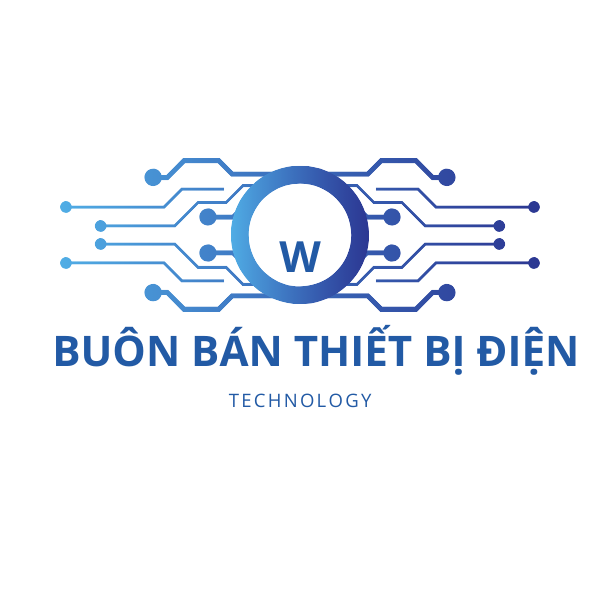Online law practitioners specialize in managing the multifaceted judicial framework of digital activities, spanning data protection regulations, copyright and trademark laws, and international regulatory adherence. Their specialized knowledge bridges the gap between established legal norms and the particular obstacles arising from the transnational character of the internet ecosystem[1][4][5]. https://internetlawyers.net/
## Core Responsibilities of Internet Lawyers
### Confidentiality and Information Protection
Cybersecurity experts verify conformity with global regulations like the GDPR and California Consumer Privacy Act, especially for businesses handling personal details across various legal territories[1][5]. Contemporary examples involve guiding software-as-a-service companies on data breach protocols and cross-border data transfers[3][14].
### Intellectual Property Management
Critical functions include settling website address conflicts, combating counterfeit goods on e-commerce platforms, and handling unauthorized content use in community-posted material[5][10][16]. For example, law firms like Panakos Law regularly initiate domain name hijackers under the Anti-Cybersquatting Consumer Protection Act[7][12].
### Regulatory Compliance and Risk Mitigation
Legal professionals draft user agreements, privacy policies, and artificial intelligence compliance structures to limit accountability[3][8]. As nearly all British practices adopting AI tools, internet lawyers now audit algorithms for fairness assurance and responsible implementation[6][8].
## Digital Tool Adoption in Contemporary Legal Work
### AI-Powered Legal Tools
Platforms like Casetext utilize NLP algorithms to review legal documents 80% faster than traditional approaches, detecting clause discrepancies and potential liabilities[3][8]. Forecast modeling tools assess case law precedents to predict litigation outcomes with 85% accuracy[6][11].
### Distributed Ledger Solutions
Emerging applications include automated contracts for online IP protection and non-fungible token validation[8][11]. Practices including Syverson Law pioneer digital ownership disputes, setting precedents for virtual currency laws[9][14].
## International Legal Complexities
### Conflicting Regulations
Businesses functioning in multiple nations encounter opposing requirements, such as EU’s “right to be forgotten” versus American First Amendment rights[1][10]. Current judgments in New York tribunals highlight the unenforceability of territory-restricting terms in online terms of service[4][9].
### Cross-Border Litigation Strategies
Effective approaches involve selecting favorable jurisdictions and leveraging global agreements like the Budapest Convention[16][18]. Panakos Law frequently initiates lawsuits in domain dispute resolution forums to recover domains within two months[7][12].
## Moral Implications in Online Legal Services
### AI Accountability Frameworks
Leading firms adopt prejudice identification systems and transparency protocols to maintain public trust in machine-influenced rulings[6][8]. For example, Clio’s Legal Trends Report recommend third-party audits for all predictive justice tools[6][11].
### Data Sovereignty Debates
Current disputes center on government access demands versus company confidentiality pledges. The 2025 Schrems III decision mandates US tech firms to store EU citizen information domestically, intensifying cloud storage practices[3][14].
## Future Outlook for Digital Legal Practice
### DAO Governance Models
Anticipated regulations will address smart contract liabilities and digital asset claims, requiring innovative adherence approaches from Web3 enterprises[8][11]. Practices including Gilbertson Davis currently provide cryptocurrency IPO advice across 15 jurisdictions[18][16].
### Quantum Computing Preparedness
Upcoming challenges encompass post-quantum cryptography standards and AI-generated deepfake litigation. Innovative lawyers collaborate with university scientists to develop forensic detection tools for courtroom use[8][11].
